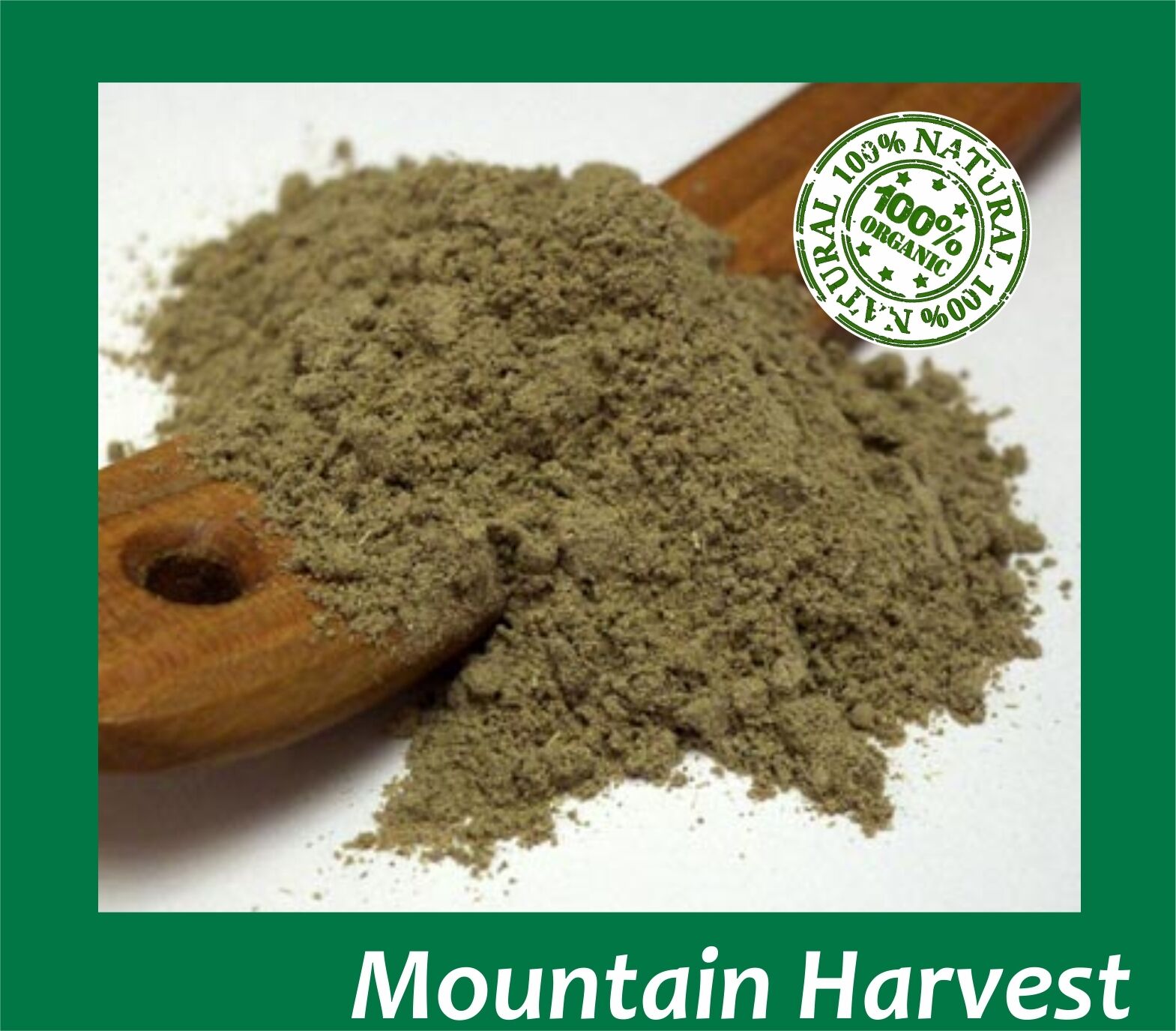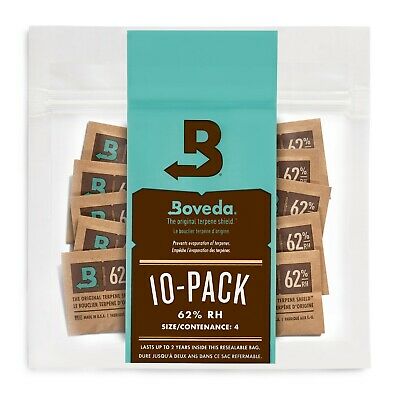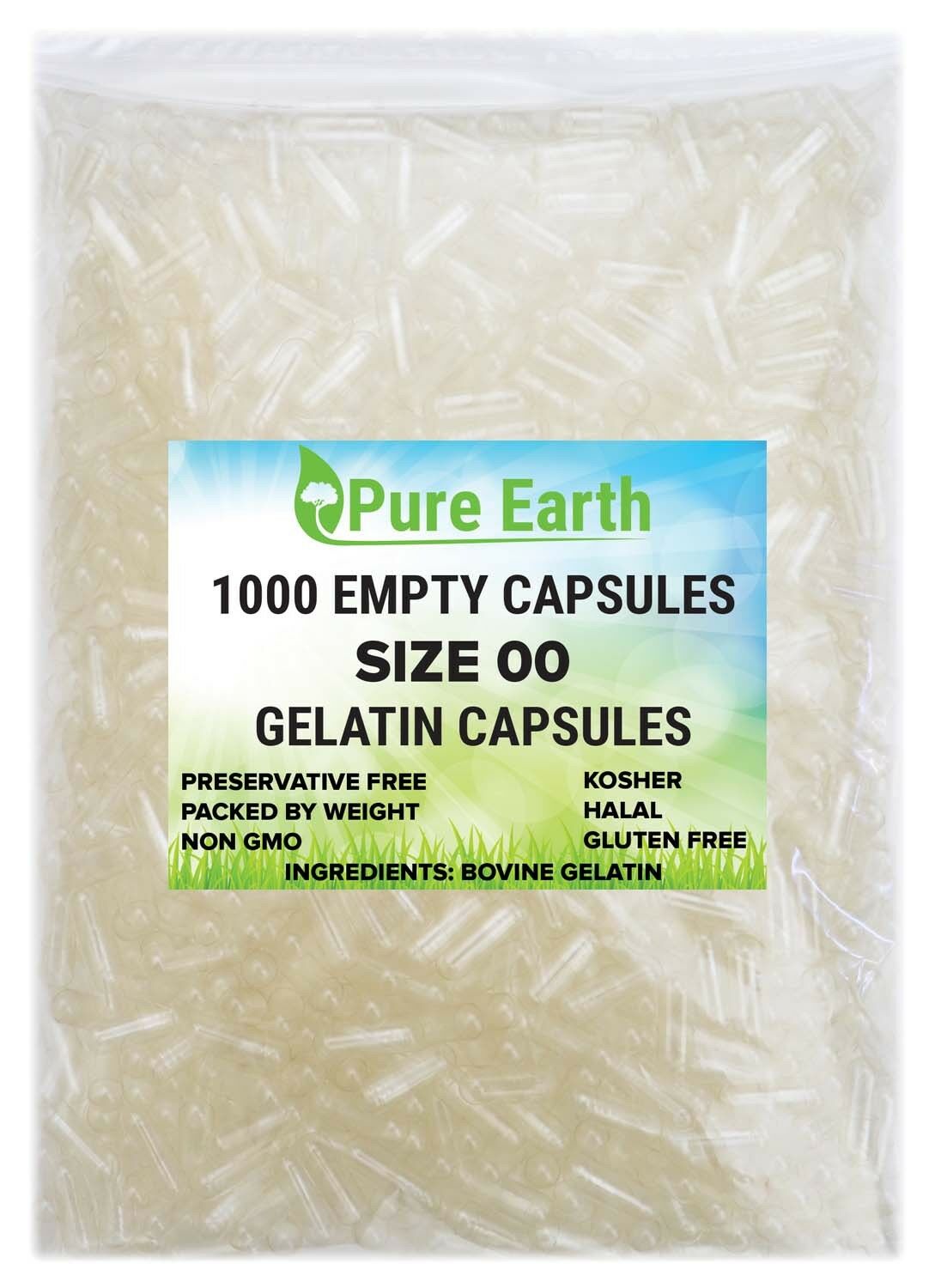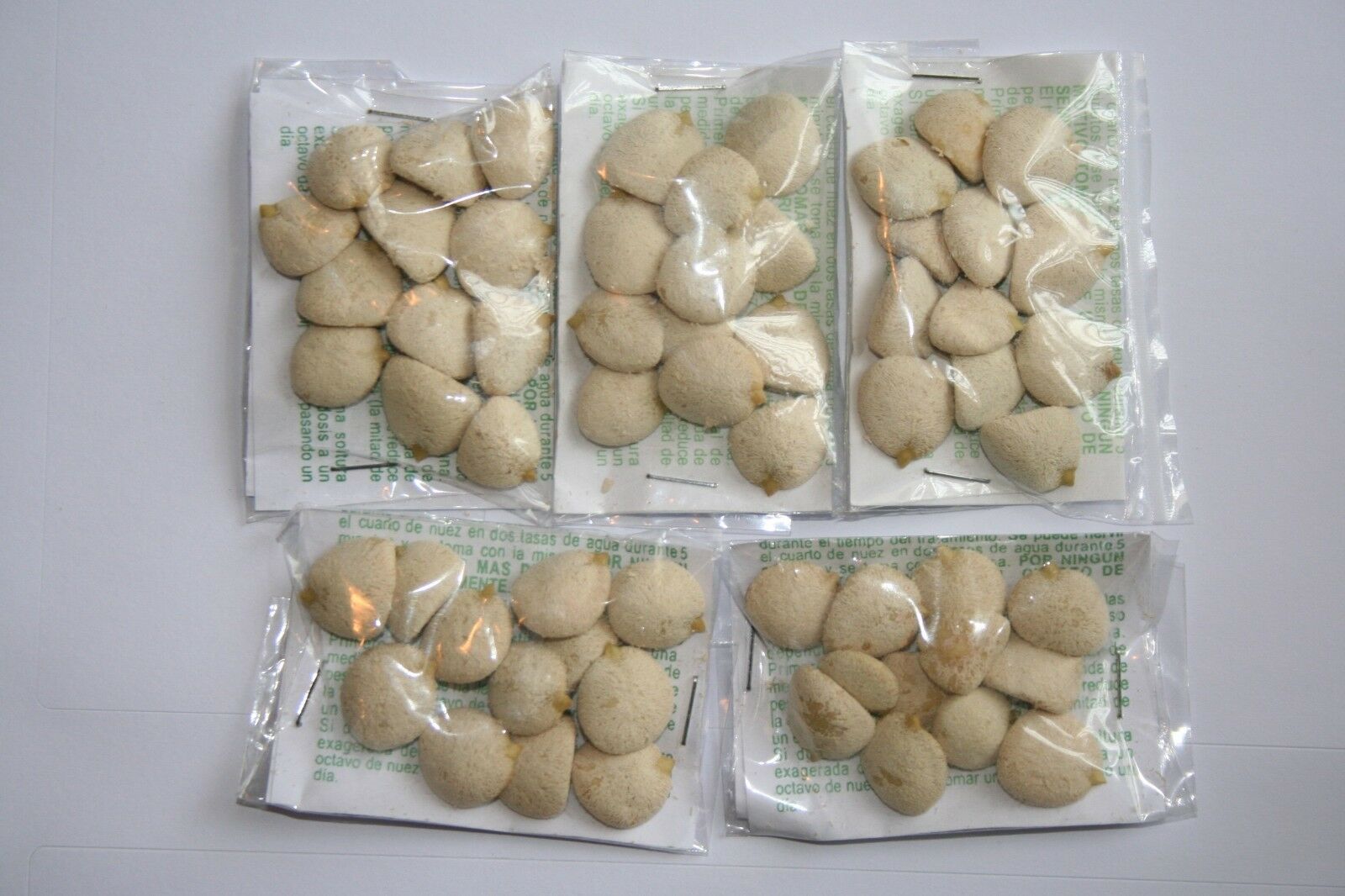-40%
100% ORGANIC ECHINACEA WHOLE HERB POWDER (ECHINACEA PURPEA) 1 2 4 6 8 10 12 OZ
$ 4.96
- Description
- Size Guide
Description
Echinacea powder is widely used to stimulate the body's immune system, helping to ward off, or reduce, the duration of the common cold and other infections. Our echinacea powder isnon-GMO
.
How to Enjoy Echinacea Powder
Mix 1-2 teaspoons of the powder in beverages or food daily.
Echinacea powder has a root-like taste and is commonly added to teas or other hot beverages, and can be sweetened as desired. The powder makes a wonderful nutritional supplement when added to smoothies and juices, or oatmeal and cereal. It can also be blended into other foods such as pastas and vegetable dishes.
Health Benefits of Echinacea Powder
Echinacea powder is naturally rich in active compounds like polysaccharides and echinaceosides, which support the body’s natural defense system to fight off infection and illness.
Prevents and Shortens Colds:
Echinacea powder boosts your immune system, wards off colds, and help you recover faster if you do catch one. A 2007 meta-analysis published in
The Lancet Infectious Diseases
reviewed 14 unique studies examining the effect of echinacea on the incidence and duration of the common cold. The meta-analysis concluded that current evidence supports echinacea’s effectiveness at reducing the occurrence and duration of the common cold.
Sore Throat Relief:
Sore throats can be painful, annoying, and simply no fun, but research suggests echinacea powder can help relieve the symptoms. The
European Journal of Medical Research
published a 2009 study examining the effectiveness of a sage/echinacea spray compared to an over-the-counter spray in the treatment of acute sore throats. The study found that the echinacea/sage spray was just as effective at reducing symptoms and throat pain as the over-the-counter spray.
Origins of Echinacea
Echinacea purpurea, also known as the purple coneflower, is a vibrant daisy-like flowering plant native to the United States and Canada. Its name comes from the Greek word for "sea urchin" because of its unique prickly cone head center. Early Native American tribes cultivated the plant for the treatment of colds, and it wasn’t until the late 1800’s that Europe and North America began to recognize its medicinal applications. Today, echinacea’s popularity continues to grow as new research reveals promising health benefits of the plant.









